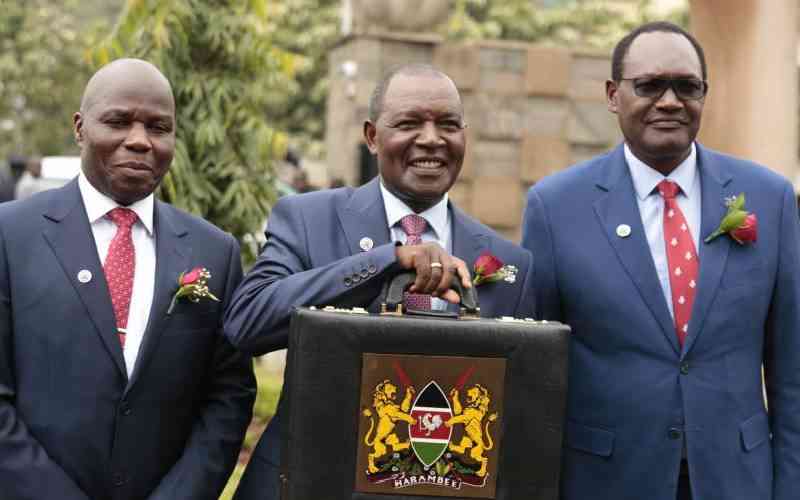×
The Standard e-Paper
Home To Bold Columnists

A Hartlaub's Turaco is a dazzling green bird with dark blue wings, a black tail and a matching black crown.
Although these birds can be found in plenty in Mau Forest, I didn't see any during the numerous times I flew over the forest to assess the extent of forest degradation. That's because a bird's eye view of the forest from above, doesn't unveil forest details like a Turaco perched on a tree branch.